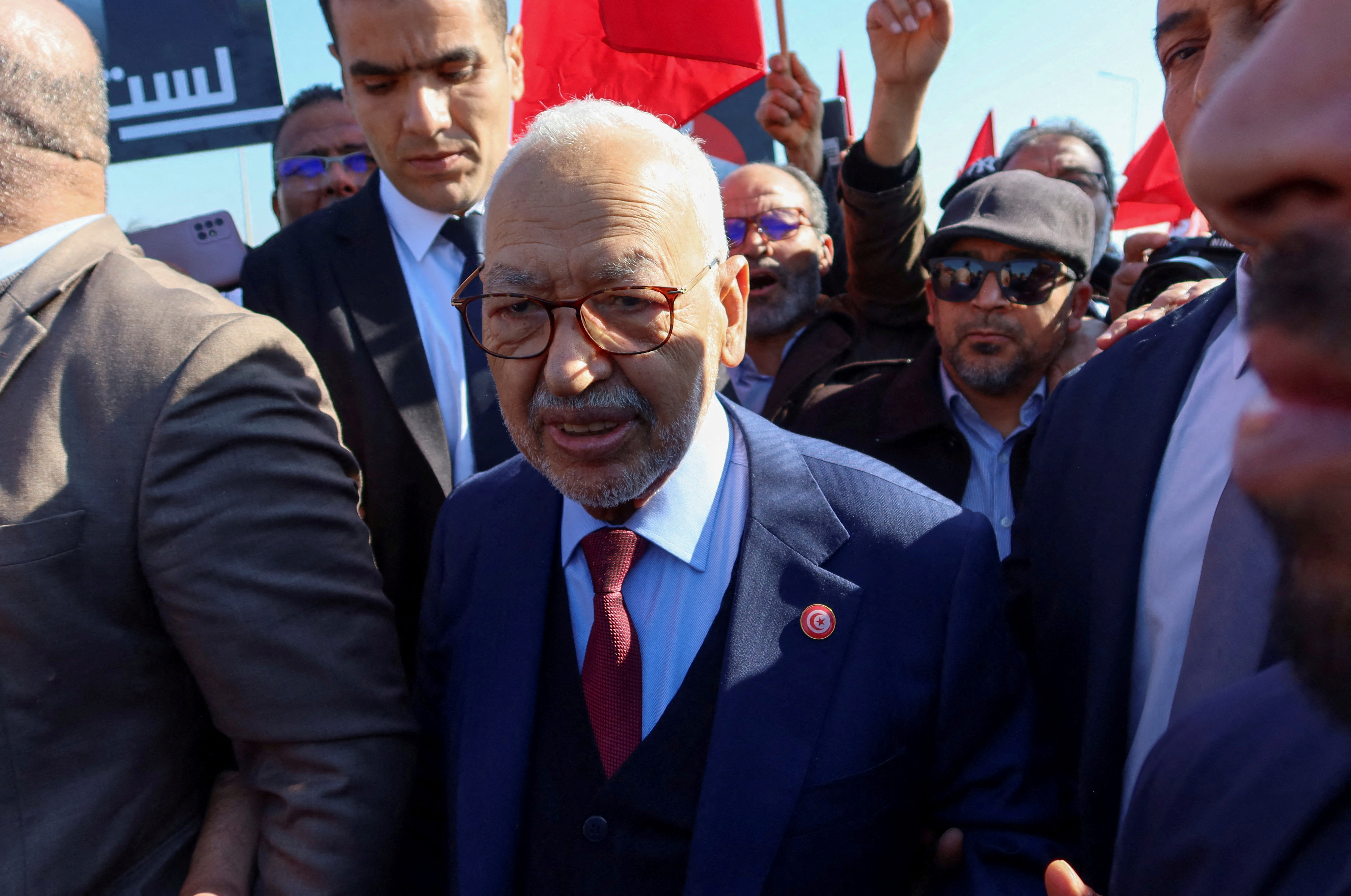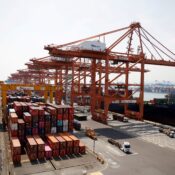
Tunisia imposes extended prison sentences on opposition leaders for conspiracy allegations
On Saturday, a Tunisian court sentenced opposition leaders, businessmen, and lawyers to prison terms ranging from 13 to 66 years on conspiracy charges. The opposition claims the case is fabricated and represents a hallmark of President Kais Saied’s authoritarian governance.
According to rights groups, Saied has maintained complete control over the judiciary since dissolving parliament in 2021 and initiating rule by decree. In 2022, he disbanded the independent Supreme Judicial Council and dismissed numerous judges.
A lawyer representing the defendants, Abdessatar Massoudi, informed Reuters that the maximum sentence imposed was 66 years for businessman Kamel Ltaif, whereas opposition politician Khyam Turki was sentenced to 48 years.
The court has also imposed sentences of 18 years in prison on notable opposition figures such as Ghazi Chaouachi, Issam Chebbi, Jawahar Ben Mbrak, and Ridha Belhaj. They have remained in custody since their detention in 2023.
“Chaouachi’s son Youssef expressed to Reuters that they are not surprised by these unjust and vengeful verdicts aimed at silencing the voices of opposition figures.”
Forty individuals were undergoing prosecution in the trial that commenced in March. Over 20 individuals have sought refuge abroad following their charges.
I have never seen a trial quite like this. “It’s a farce; the rulings are prepared, and what is occurring is both scandalous and shameful,” stated lawyer Ahmed Souab, who also represents the defendants, on Friday prior to the ruling being delivered.
Officials report that the defendants, which include former officials and the ex-head of intelligence Kamel Guizani, attempted to undermine the nation and topple Saied.
“The authorities aim to criminalize the opposition,” stated Nejib Chebbi, the leader of the main National Salvation Front opposition coalition, on Friday. Chebbi was included as one of the defendants.
In 2023, Saied referred to the politicians as “traitors and terrorists,” asserting that judges who would acquit them were complicit in their actions.
The leaders of the opposition implicated in the case allege that Saied orchestrated a coup in 2021, asserting that the case is contrived to suppress dissent and solidify a singular, oppressive regime.
An initiative is reportedly being prepared to unite the fragmented opposition in response to the democratic setback in the birthplace of the Arab Spring uprisings.
The majority of political party leaders in Tunisia are currently incarcerated, including Abir Moussi, the leader of the Free Constitutional Party, and Rached Ghannouchi, the head of Ennahda—two of Saied’s most notable adversaries.
All Categories
Recent Posts
Tags
+13162306000
zoneyetu@yahoo.com



